Tricort
✅ Reduces inflammation
✅ Alleviates itching
✅ Treats skin conditions
✅ Soothes irritation
✅ Promotes healing
Tricort contains Triamcinolone.
Product Overview
Tricort is a pharmaceutical preparation containing Triamcinolone as its active ingredient, formulated in tablet form. As a synthetic corticosteroid, Triamcinolone exhibits potent anti-inflammatory and immunosuppressive properties. Tricort tablets are specifically designed to manage diverse inflammatory conditions affecting multiple body systems. The medication functions by modulating immune responses and diminishing inflammatory processes, thereby reducing associated swelling, redness, and discomfort.
Therapeutic Applications
Tricort tablets are clinically indicated for the treatment of numerous inflammatory and autoimmune disorders, including but not limited to: rheumatoid arthritis, osteoarthritis, bronchial asthma, allergic manifestations, various dermatological conditions (such as dermatitis, eczema, and psoriasis), and inflammatory bowel diseases. Additionally, they serve as an important therapeutic option for managing autoimmune conditions including systemic lupus erythematosus and autoimmune hepatitis. The medication effectively mitigates pain, edema, pruritus, and other discomforts associated with these pathologies, thereby enhancing patients’ functional status and quality of life.
Administration Guidelines
Tricort tablets must be administered strictly in accordance with medical prescription. The dosing regimen and treatment duration are individualized based on the specific pathology being addressed, clinical severity, and patient-specific factors. The tablets are designed for oral administration with an adequate amount of water, with no strict requirement regarding food intake. Strict adherence to the prescribed dosing schedule is imperative for optimal therapeutic outcomes.
Mechanism of Action
The pharmacodynamic activity of Tricort tablets is mediated through Triamcinolone’s selective binding to glucocorticoid receptors within target cells. This ligand-receptor complex subsequently translocates to the nucleus, where it regulates the expression of genes involved in inflammatory pathways. The resultant downregulation of pro-inflammatory mediators (including cytokines, prostaglandins, and leukotrienes) produces the characteristic anti-inflammatory, anti-edematous, and immunosuppressive effects that alleviate pathological symptoms.
Dosage Protocol
The therapeutic regimen for Tricort tablets is established by healthcare providers following comprehensive clinical evaluation. Typical administration involves once or twice daily dosing, with flexibility regarding meal timing. Tablets should be ingested whole with sufficient water; alteration of the physical integrity of the dosage form (crushing, chewing, or breaking) is contraindicated unless specifically directed by the prescribing physician.
Therapeutic Advantages
- Clinically proven efficacy against diverse inflammatory and autoimmune pathologies
- Significant reduction in inflammatory markers and associated symptomatology
- Effective management of dermatological manifestations including pruritus and erythema
- Enhancement of patient comfort and functional capacity
- Patient-friendly oral formulation ensuring compliance
Adverse Effect Profile
The most frequently reported adverse reactions associated with Tricort tablets include cephalalgia, vertigo, gastrointestinal disturbances (nausea, dyspepsia), increased appetite, body weight fluctuations, sleep pattern alterations, and mood variations. These manifestations are typically transient and mild in nature. Persistent or severe symptoms warrant immediate medical consultation. Particular vigilance is required for ocular changes, persistent abdominal discomfort, or signs suggestive of infection, which necessitate prompt medical intervention.
Precautions and Contraindications
Tricort tablets are contraindicated in patients with known hypersensitivity to corticosteroids or any excipients in the formulation. Prolonged therapeutic use necessitates monitoring for potential complications including metabolic disturbances (hyperglycemia, hypertension), decreased bone mineral density, and hypothalamic-pituitary-adrenal axis suppression. Diabetic patients require regular glycemic monitoring with potential antidiabetic regimen adjustments. Abrupt discontinuation is strictly contraindicated; dose tapering must be medically supervised.
Storage Specifications
Maintain Tricort tablets at controlled room temperature (15-30°C) in a dry environment protected from light and moisture. The original packaging should be retained, and the medication stored in a secure location inaccessible to pediatric populations. Expired or unused medication must be disposed of in accordance with local pharmaceutical waste management protocols.
Medical Disclaimer:
The information provided herein is intended for educational purposes and represents current medical knowledge at the time of publication. This content does not encompass all potential adverse effects, drug interactions, or contraindications. It should not be construed as a substitute for professional medical advice, diagnosis, or treatment. Always consult with a qualified healthcare provider regarding any medical condition or therapeutic regimen. This information is designed to complement, not replace, the crucial relationship between patients and their healthcare providers.
| Strength | 4 mg |
|---|---|
| Quantity | 30 Tablet/s, 60 Tablet/s, 90 Tablet/s, 180 Tablet/s |
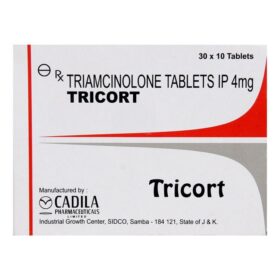 Tricort
Tricort









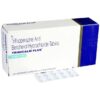
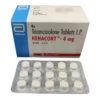

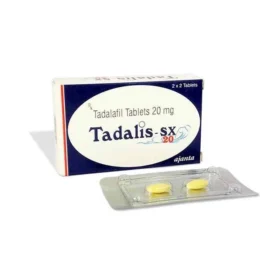
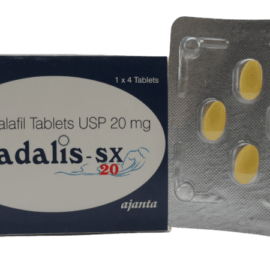
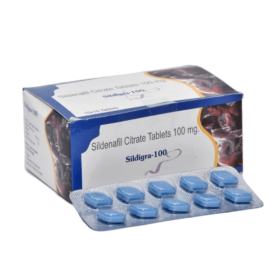
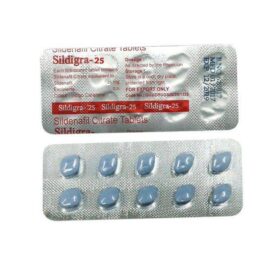


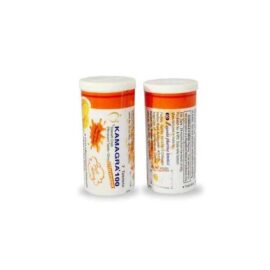
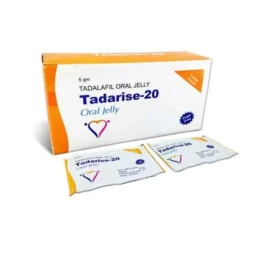
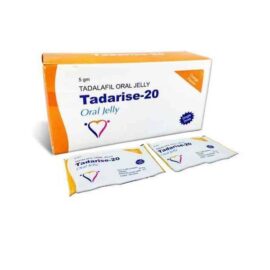
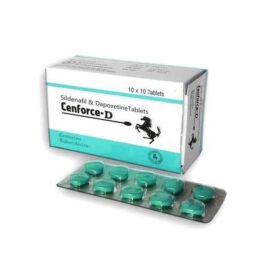
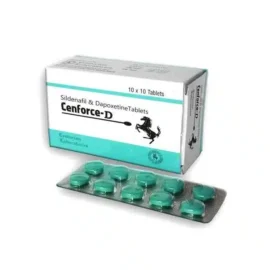
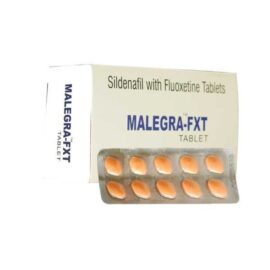
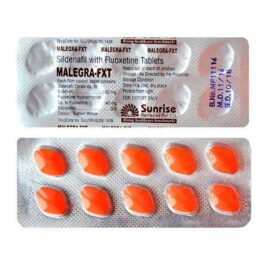
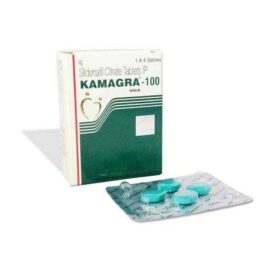
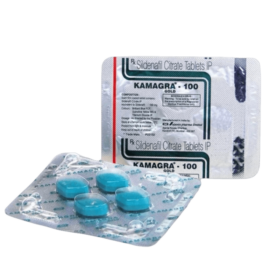
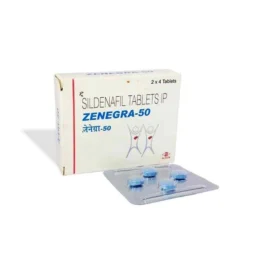
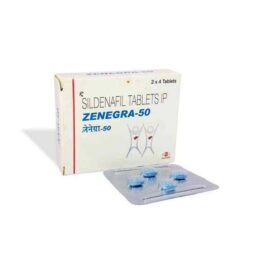
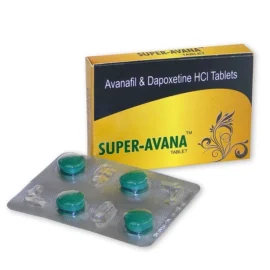
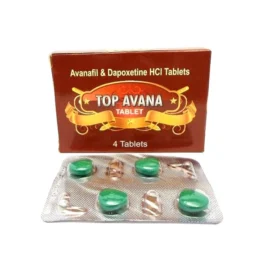
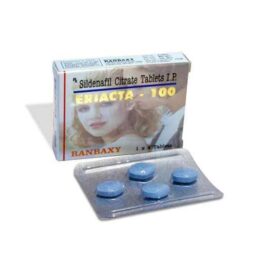
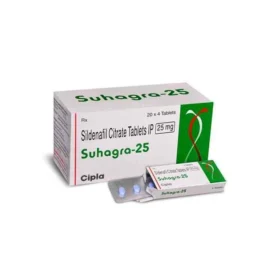
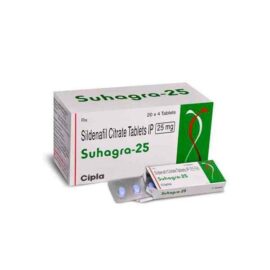
Reviews
There are no reviews yet